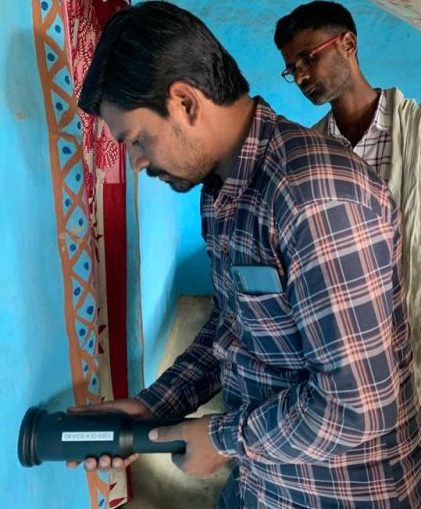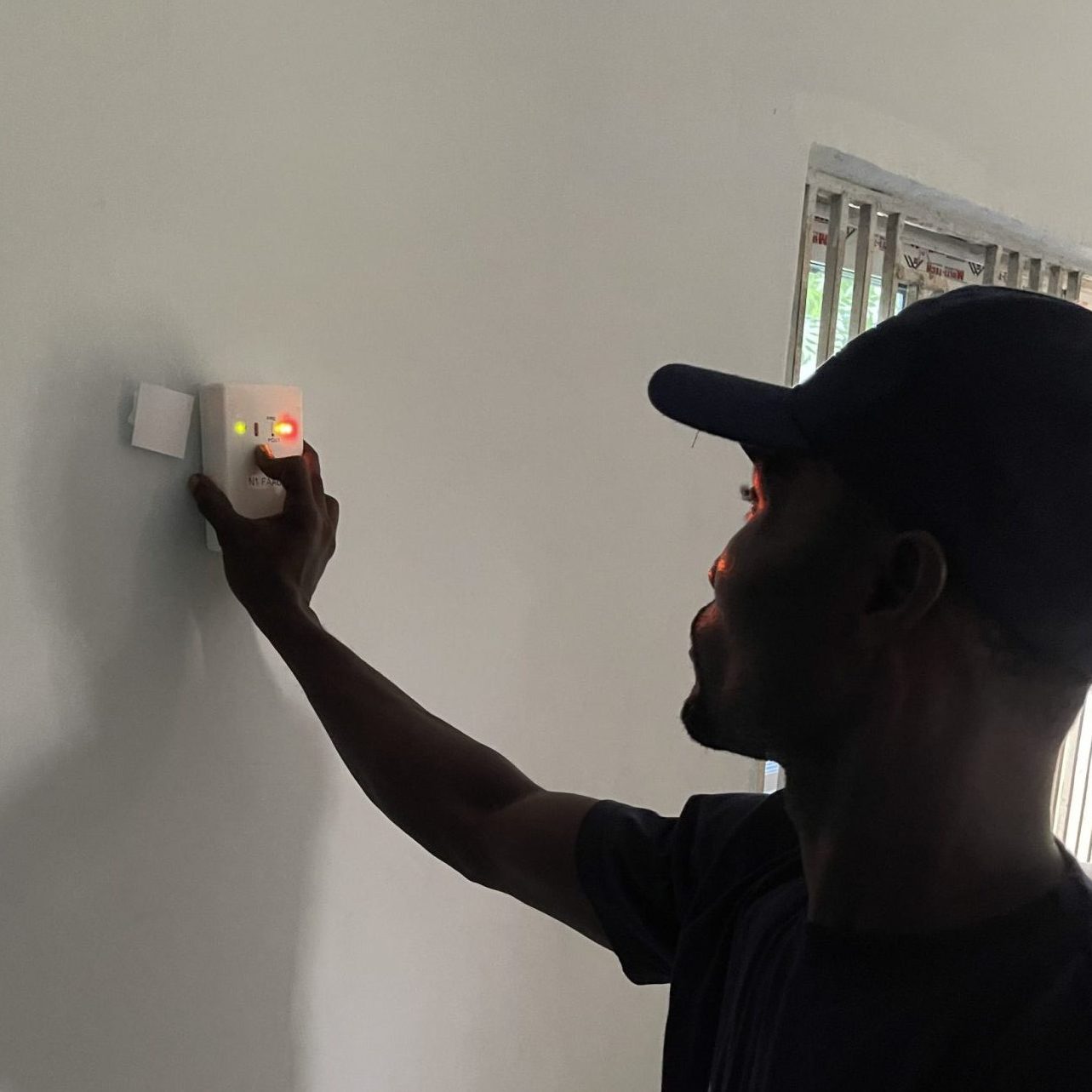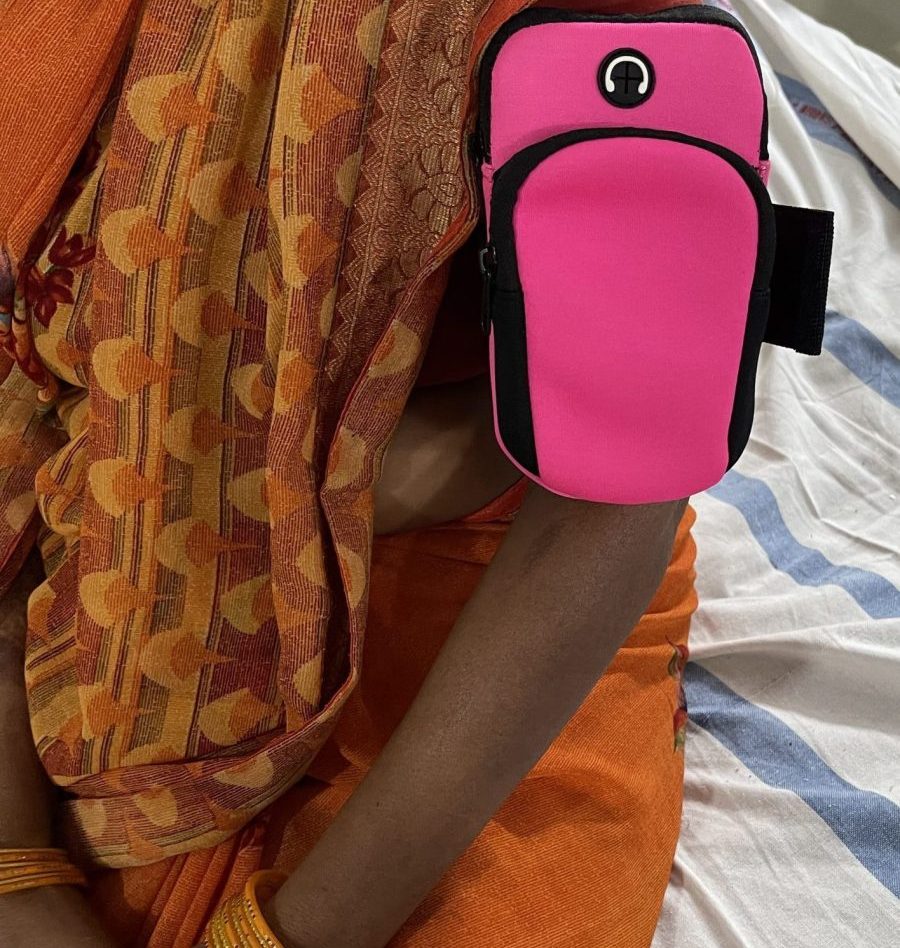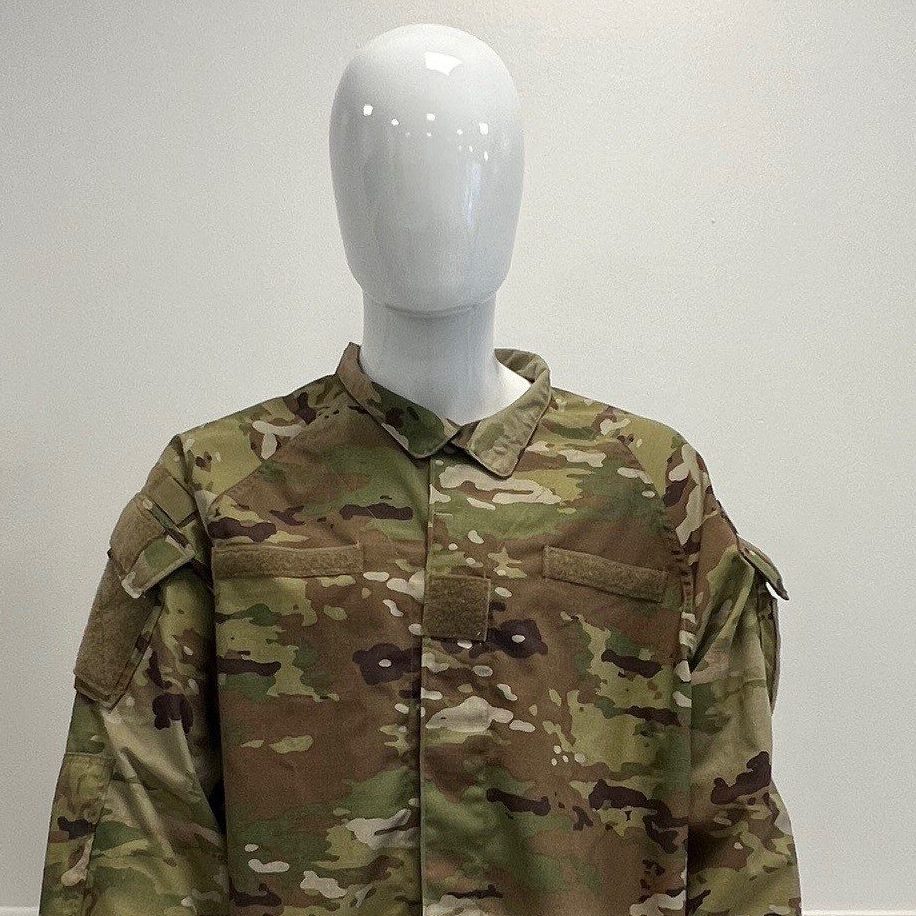- Find our latest Case Studies
- Our Platforms
Infection Innovation Technology Laboratory: iiTECH
Pioneering sensor technology
The Infection Innovation Technology Laboratory: iiTECH is a pioneering facility that combines cutting-edge sensor technology with advanced AI analysis and machine learning.
Located at the Liverpool Life Science Accelerator building, iiTECH is the centre of activity for iiCON’s international, multi-partner sensor portfolio.
Led by Professor Patryk Kot, a leading sensor expert, iiTECH is cultivating partnerships that are helping to develop the next generation of diagnostics and healthcare solutions by pushing the boundaries of sensor technology.
Working a wide range of industry, academic, and charitable organisations including the US military, the All India Institute of Medical Sciences, and the Gates Foundation, it has a portfolio of global projects – with activity in India, Africa, Europe, and South East Asia supporting community health and saving lives.
The laboratory also incorporates technology from Liverpool John Moores University’s BEST Research Institute, which has collaborated with iiCON on a number of innovative projects.
iiTECH specialises in:
Pioneering Advanced Sensor Technology: Developing cutting-edge solutions for healthcare applications.
Innovative Wearable Devices: Creating next-generation wearables for continuous patient monitoring.
AI-Driven Predictive Assessments: Leveraging AI for proactive healthcare and early intervention.
Human-Centered Clinical Testing: Ensuring usability through realistic human factors and clinical trials.
Comprehensive Quality Assurance: Utilising non-destructive testing (NDT) tools for reliability and precision.
Long-Term Monitoring Systems: Designing robust systems for continuous patient care.
Case Studies


IRS Sensor for Quality Assurance in India
iiCON is collaborating with LJMU, Care-India, EDCD, and DPHO-Nepal to pioneer the development of a portable handheld microwave (MW) sensor. This groundbreaking sensor aims to enhance the efficacy of insecticide indoor residual spraying (IRS) for the purpose of elimination of Visceral Leishmaniasis in Southeast Asia.


IRS Sensor for Quality Assurance in Africa
This iiCON project in collaboration with Liverpool John Moores University, IFAKARA Health Institute-Tanzania and AgaMal – Ghana represents a continuation of previous research conducted in India and Nepal and is funded by the Gates Foundation.


Lymphatic Filariasis Sensor
A transdermal MW sensor for the detection of lymphatic filariasis, developed by iiCON, Liverpool John Moores University, and AIIMS Patna India, is being funded by the Gates Foundation.


Military Uniform Quality Assurance
iiCON, in collaboration with Liverpool John Moores University and AFRIMS in Thailand, is developing a microwave sensor to assess the concentration of Etofenprox and Permethrin insecticides on military uniforms.


